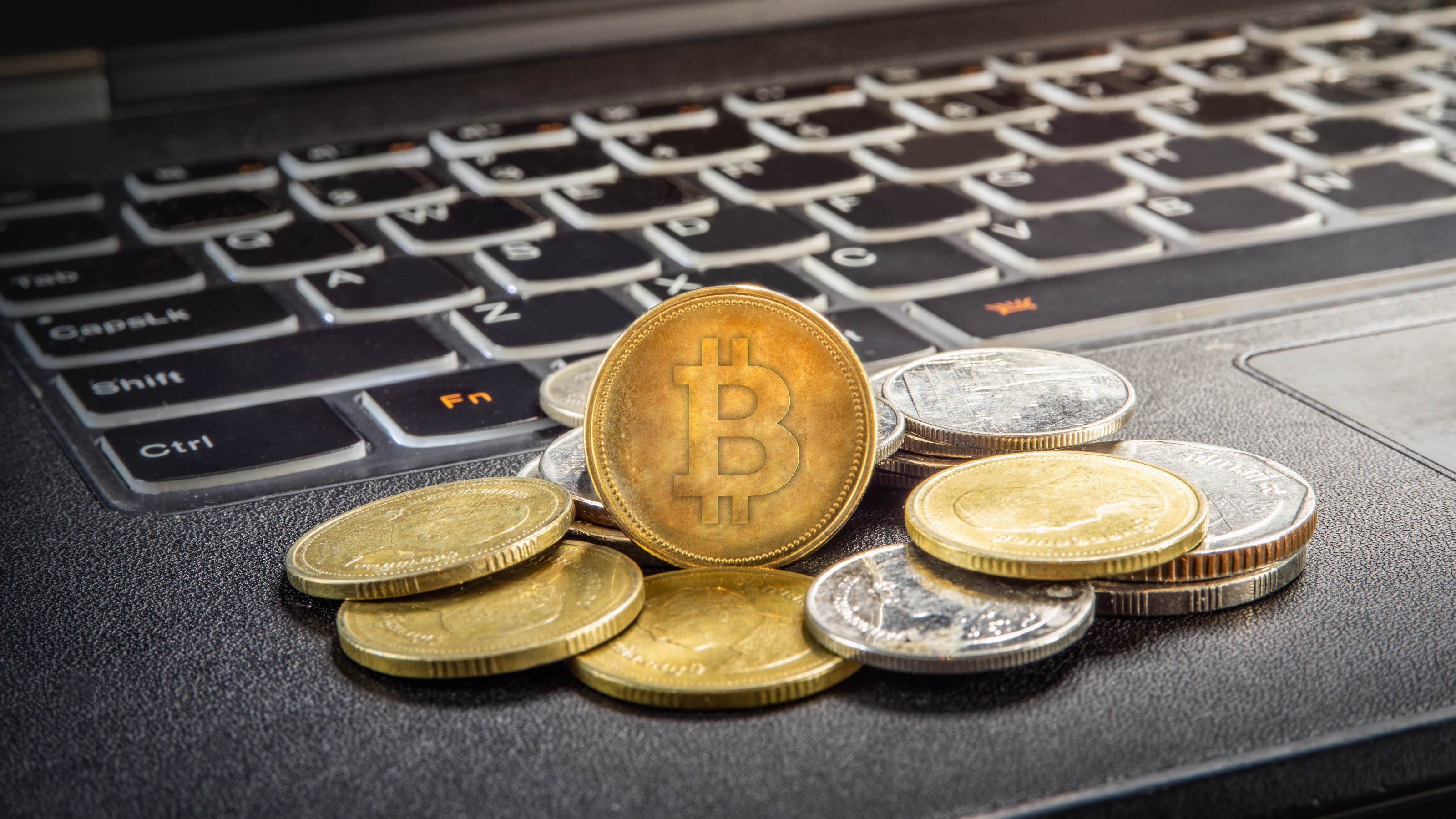
In December, Michael Saylor, executive chairman of Microstrategy, presented to the Microsoft board. Saylor argued that Microsoft should put part of its treasury funds in bitcoin. (Author’s note: I currently do not hold bitcoin or any other cryptocurrency.) A large majority of the company’s shareholders voted down the proposal.
That this measure was even put forth to a shareholder vote is significant, though. Although companies such as Tesla and others already hold bitcoin on their balance sheets, Microsoft is a U.S. stock market bellwether and could sway other corporations to copy its move.
The arguments in favor of bitcoin for corporations
The main argument that bitcoin evangelists put forth (Saylor is just one of them) is that it is an inflation hedge. Why is that? For starters, bitcoin is hard capped at 21 million by design. No one can change that, unless the entire community “hard forks,” which would probably shake up and cause widespread fallout. This is in contrast to the U.S. dollar and most other fiat currencies, which governments worldwide often increase in supply, which leads to inflation.
Saylor and others argue that bitcoin acts as an “uncorrelated” asset, meaning that bitcoin moves independently (not as a herd) from other assets such as stocks, bonds and gold and could offset any losses for a particular quarter or calendar year.
Additionally, the Financial Accounting Standards Board in 2023 issued guidance to allow for “fair-value” accounting of digital assets on corporate balance sheets. Before this FASB ruling, companies needed to reflect digital asset value losses but not gains in their updated balance sheets.
Another important development was the SEC's approval of bitcoin ETFs in January 2024, which paved the way for people, funds and companies that did not want to hold the actual volatile underlying digital bitcoin asset to hold it in an SEC legally protected stock instrument.
Now corporate buyers have several options to hold bitcoin or participate in its growth. They can hold actual bitcoin, hold companies that have a lot of bitcoin, hold an SEC-approved ETF or trade perpetuals, futures contracts or options.
Bitcoin has outpaced other assets in terms of growth in the past decade.
Additionally, bitcoin is a new asset class with fewer “counterparty” risks relative to other asset classes used to store funds or wealth, such as bonds, gold and real estate, a feature noted in the original 2008 bitcoin whitepaper. A “counterparty” risk is something like corporate theft, fraud or malfeasance that could force a high-flying stock to zero overnight.
That said, it is not true to say bitcoin itself has no counterparty risk, as quantum computers could potentially hack its cryptography, but so far, that has not happened. The internet itself could also go down globally, albeit probably only for short periods.
Kiplinger Advisor Collective is the premier criteria-based professional organization for personal finance advisors, managers, and executives. Learn more >
What the future may bring
Over the years, I have grown to respect this new asset class. While many technologies encountered serious opposition during their early years, there is something called the Lindy effect that says that if something nonperishable has survived over time, it will likely remain.
Sometimes older generations dismiss things because new developments do not fit into the pattern they have been accustomed to. Although I have not personally put bitcoin on my own balance sheet, I can see Gen Z — who will take the reins of corporations in the future — doing so. That’s because Gen Z has grown up as digital natives without analog payphones, library card catalogs, LPs and the like.
Whether bitcoin (or other cryptocurrencies) significantly becomes a treasury asset for many of the world’s businesses and corporations is something to watch. At the moment, most nonbelievers point to its volatility (beta) as a negative, but hardcore bitcoin and crypto believers point to volatility as a “feature not a bug,” meaning that when these price drops happen, buyers swoop in to acquire more, thus maintaining the long-term rise its price trend shows.
As the new bitcoin-friendly Trump administration moves in, and more companies acquire even small amounts of bitcoin (or other derivative instruments) into their treasuries alongside larger pension and sovereign wealth funds, the growth phase and volatility of bitcoin may become more tempered and even be called a “boring” growth asset in the future.







